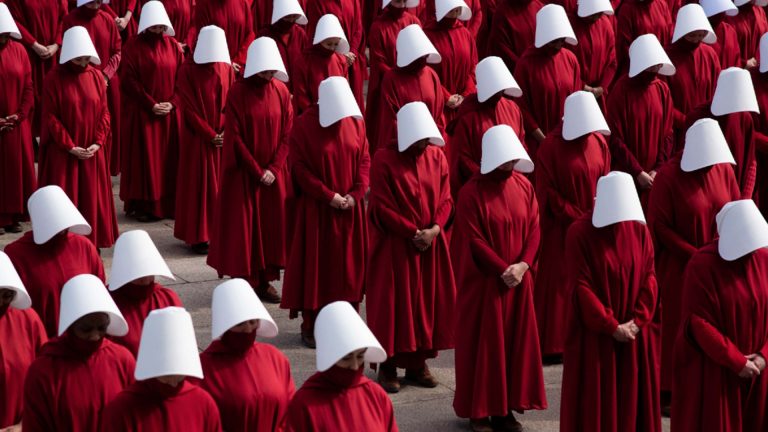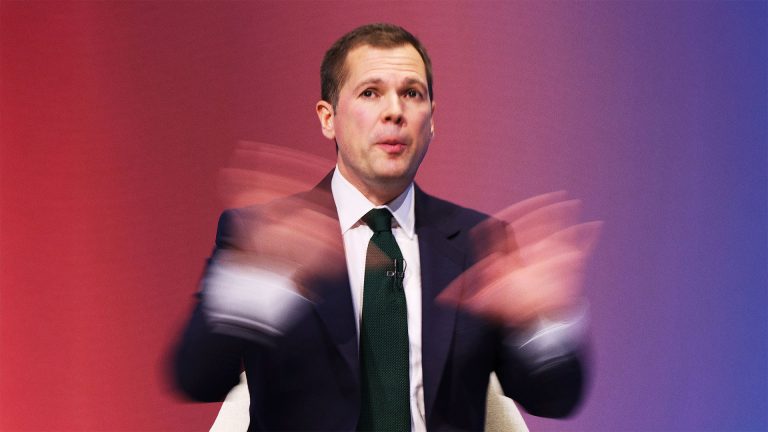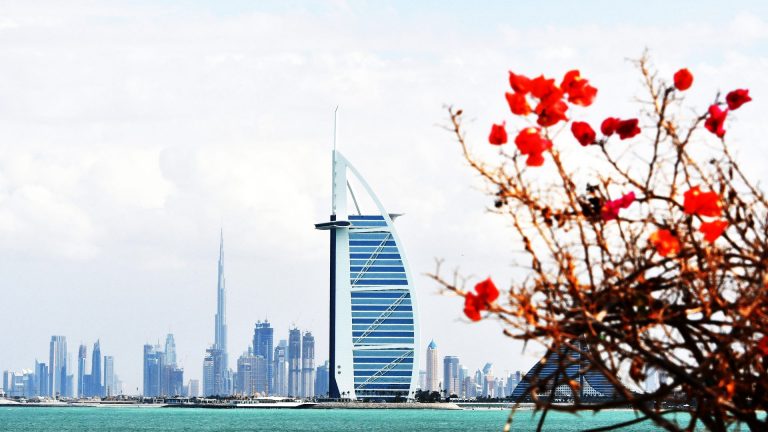There’s something quite inherently juvenile about New Year’s resolutions, isn’t there? As a concept they’re neutral but, culturally, they feel like something mostly preferred by teenage girls.
What should happen in 2025? Statistically speaking, it’s pretty likely that the most popular suggestions are “kiss with tongues”, “convince mum to let me wear a miniskirt”, and “try not to fail at maths again”.
Reasonable, responsible adults don’t take resolutions that seriously, that much we know. It may be a topic of discussion in the pub, at most, but to earnestly sit down and write a list feels a bit immature. There’s a fairly obvious explanation for that: growing up means accepting that most things are out of our hands.
You may have these grand ambitions and lofty ideas about the sort of person you ought to become but, more often than not, life will eventually come and kick you in the shins. While you recover from that, there won’t be much time to work on your plans to learn Mandarin or go swimming three times a week.
As a result, few things are as depressing as looking back on old resolutions in late December, and realising that little got done. Often, it can even be tough to remember the sort of person you were a year earlier: who ever thought that trying to get a spot in an allotment would be a good idea? Not the current you, that’s for sure.
This is why it can feel quite silly to discuss the idea of politicians having, or needing to have New Year’s resolutions. Should we really be trying to picture Keir Starmer, lying on his stomach in bed, dangling his feet and sucking on a pencil while trying to think of the year ahead?
After all, politics is an unpredictable business at the best of times, and these hardly are the best of times. What would the Labour government like to achieve in 2025? That probably depends, at least partly, on the state of the global economy and, consequently, what the US president plans to do. It is impossible to know what will go through Donald Trump’s head tomorrow; attempting to guess what he may want to do in April would be sheer madness.
Being British prime minister right now means trying, as best as you can, to play the hand you were dealt. No one in Downing Street will be choosing the cards, so why decide to pretend that they can?
Or perhaps that’s entirely the point. We feel that resolutions are puerile because they insinuate that you can shape the future, but that may be the wrong way to look at it. Small, easily achievable goals aside, resolutions could instead be seen as statements of intent. There is no telling what horrors or delights await us in 2025, but the one thing we can control is our reaction to them.
Similarly, governments and politicians can decide, in early January, to set a course for wherever they’re trying to get to. It doesn’t mean that their ship won’t ever get thrown off course, or threaten to drown, but at least they’ve identified a destination.
Starmer and his Cabinet have been quietly underwhelming so far, and that is partially because they do not look like they know where they’re headed. Decisions are made but not adequately explained or justified in the press, and there is little coherence to be found in their policy agenda. If they want to begin telling a compelling story to the British public, they will need to figure out what that story is first.
Resolutions are only one way in which they could do so, but they do provide the benefit of accountability. In just under 12 months, they should be able to look back on the year they had, and see if they achieved what they sought to achieve. If not, identifying the reasons behind their failures – be they internal or external – would be a useful exercise.
In short: it is possible that, as often, teenage girls do have a point. Over the weekend, Starmer and Reeves should get their matching pyjamas out, sit on the couch, open a pot of ice cream and get cracking.











